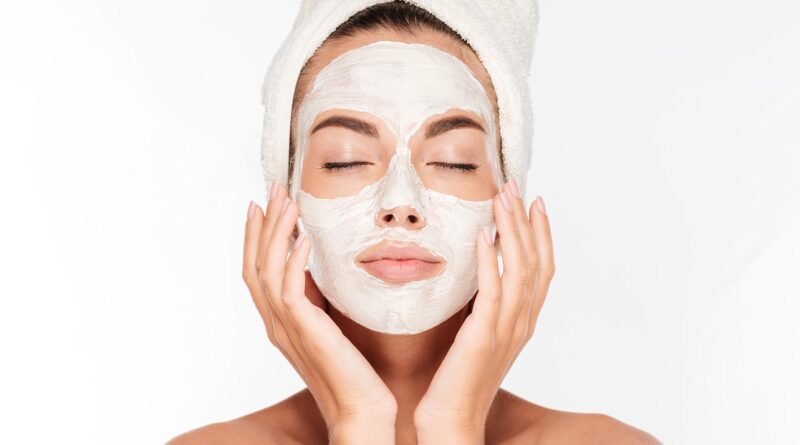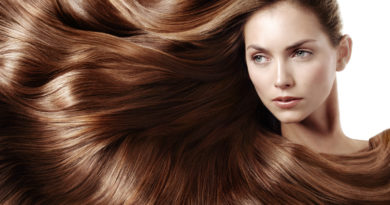Is My Skincare Routine Harming My Skin?
Even though your skincare routine may be fine, it may still worsen your acne. That can be very true, especially if you’re not aware of the products you’re using and how it can affect your pimple/acne. Learning about how to take good care of your skin is easy nowadays, thanks to the internet. If we’re experiencing a certain type of acne scar, just a few typing and searching, then you’ll immediately get your answer.
Although the internet may not always have accurate solutions, your best option is to seek advice from a specialist. To get you started, here is a link for acne scar removal treatments that may somehow help you understand the possible treatments your dermatologist will recommend to you.
Harmful Skincare Routine – Know What’s In Your Skincare Products
The results will change drastically according to where you bought your skincare products and what products you use. Retinol creams are your go-to skincare product to eliminate blemishes. Another good thing about this product is that it improves collagen and skin surface health. When the items have been bought at a pharmacy or department store, they’re cosmetic, so the skin cannot change, and they certainly aren’t regulated. Not unless your dermatologists prescribe them. If you’re aiming for products that are effective, seek advice from your skin specialist to know what they can recommend.
Skincare Ingredients You Should Avoid
It is very difficult for you to know exactly what happens with your skin without consultation with a skincare expert. To help stop your acne, it is incredibly necessary to find the root cause. In principle, certain ingredients can dry out or exacerbate acne and should be prevented when purchased in the store:
- Sulphites – In many pharmacies, skincare products and shampoos that contain sulphites are very common. Sulphate can cause skin and eyes to become seriously irritated and can be cancerous.
- Alcohol – Although popular, some alcohol forms are very dry. In pharmacy cleansers like ethanol, alcohol is very popular. Dry skin and fine lines and wrinkles can lead to acne!
- Mineral oil – Mineral oil can block pores that lead to breakdowns, just like the majority of oils. While some oils are natural (such as coconut), they still block pores and cause swelling and redness.
Proper Way to Take Care of Your Skin
The right skin diet is an important step in preventing and treating acne, a skin’s general disease. However, the most noticeable skin issue is a pimple that causes a red and swollen bump within the skin.
Know What Products You Should Buy
There is no single-size acne therapy. It may take you some time to find the right treatment. Stick to proven and tested OTC acne products or prescription medicines (e.g., benzoyl peroxide). Like what we’ve mentioned earlier, it’s better to seek advice from dermatologists to know what products are good for your skin condition.
Be patient and consistent. It can take weeks for acne to get clear, and the scar or mark could worsen before getting better for some prescriptions. Continue the medication, even after you have cleansed your skin, to avoid potential outbreaks. But if you’re looking for a quick-fix, acne scar treatments are your way to go.
Avoid Touching Your Zit
Pimples that are squeezed or popped can drive oil and waste into a follicle deeper in adversely. This will increase inflammation and worsen the problem. The only way it’s OK to pop a pimple is if it’s a whitehead that is obviously about to release itself, then you can push the pump with clean hands to support it. Maintain the area clean and recover to avoid cleansing naturally.
Be aware that pimples may prolong the healing time and may cause scarring. See a dermatologist for extremely troublesome bumps. When necessary, they can safely remove them. There are minor and severe scars from acne that your dermatologist will have enough knowledge to advise you on the best treatments to combat those skin issues.
Be Gentle With Your Skin
Although it is important to keep your skin as clean as possible to avoid breakouts, it can be overly aggressive when you wash or exfoliate your face more than you should be. It can do more damage than good to wash your face too much or to scrub.
Exfoliating and Scrubbing
Scrubbing can cause skin irritations, swelling and rupturing the outer skin layers. That said, mild exfoliation can be useful for acne treatment by removing dead skin cells before combining them with oil and plugging pores. This method is not suitable for all, especially those with sensitive skin. Before exfoliating, consult with your dermatologist. It should be appropriate to exfoliate twice weekly with a gentle scrub. A soft face brush may also work, but keep it clean. Brushes can contain bacteria, frequently a factor in blemish formation.
Excessively Washing The Face
It’s necessary to maintain the acne-prone skin clean, but don’t wash too rough. Use a non-abrasive, non-alcoholic cleanser while massaging it gently into the skin. Rinse with warm water then dry off the face using a clean towel. Remember not to rub your face as you can cause more irritation.
No more than twice a day should you clean your face. Washing your face should be done when you wake up in the morning and before bedtime. Keep in mind that you should leave your make-up on as you sleep at night.
Although washing the face more than twice a day should be avoided, there are some exceptions like washing the face after exercising. We need to wash our face after such activities to prevent sweat and dirt from blocking the pores. Cleaning wipes can be a quick and reliable way of cleaning your face while you are on the move.
Read More:




